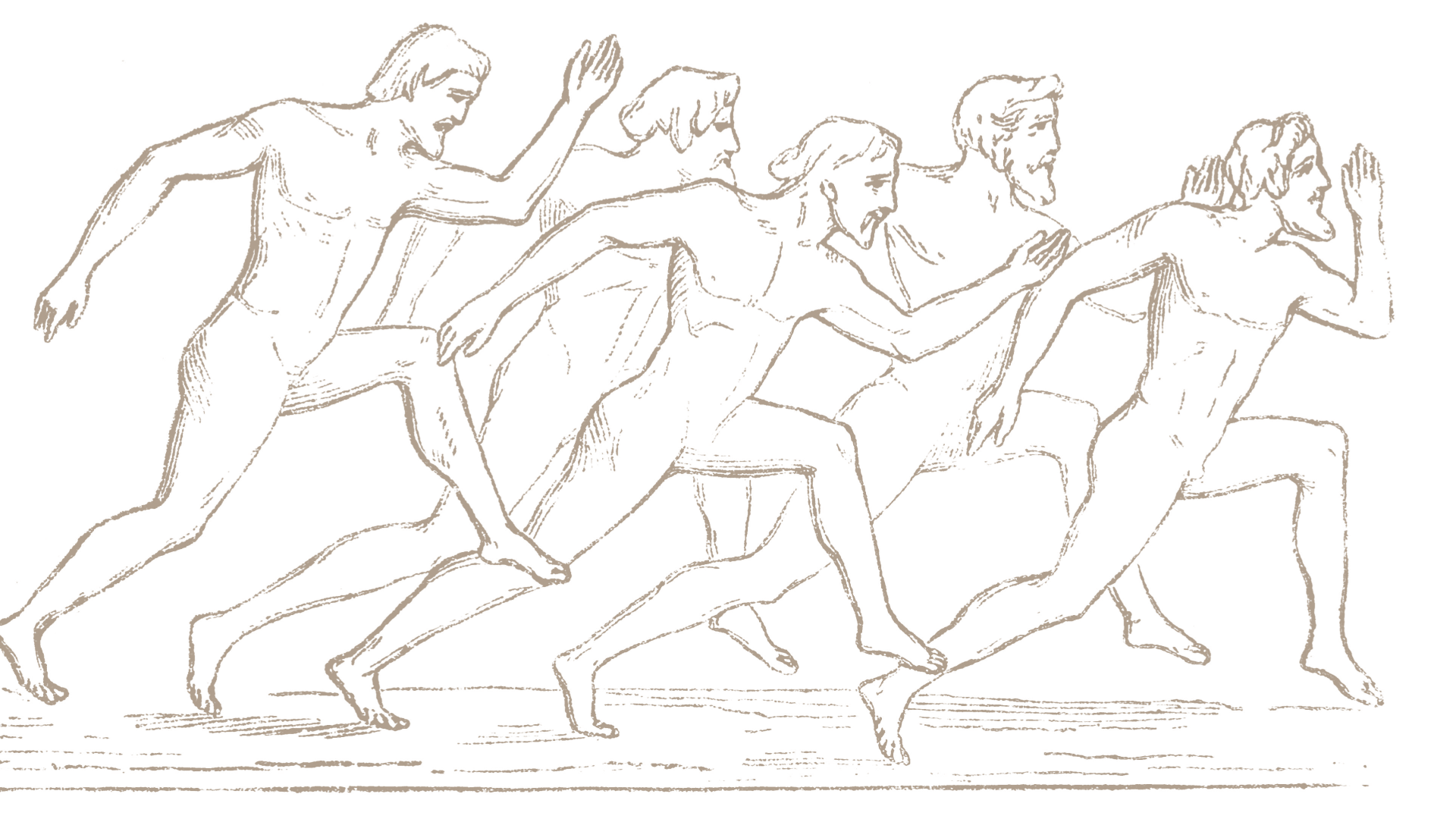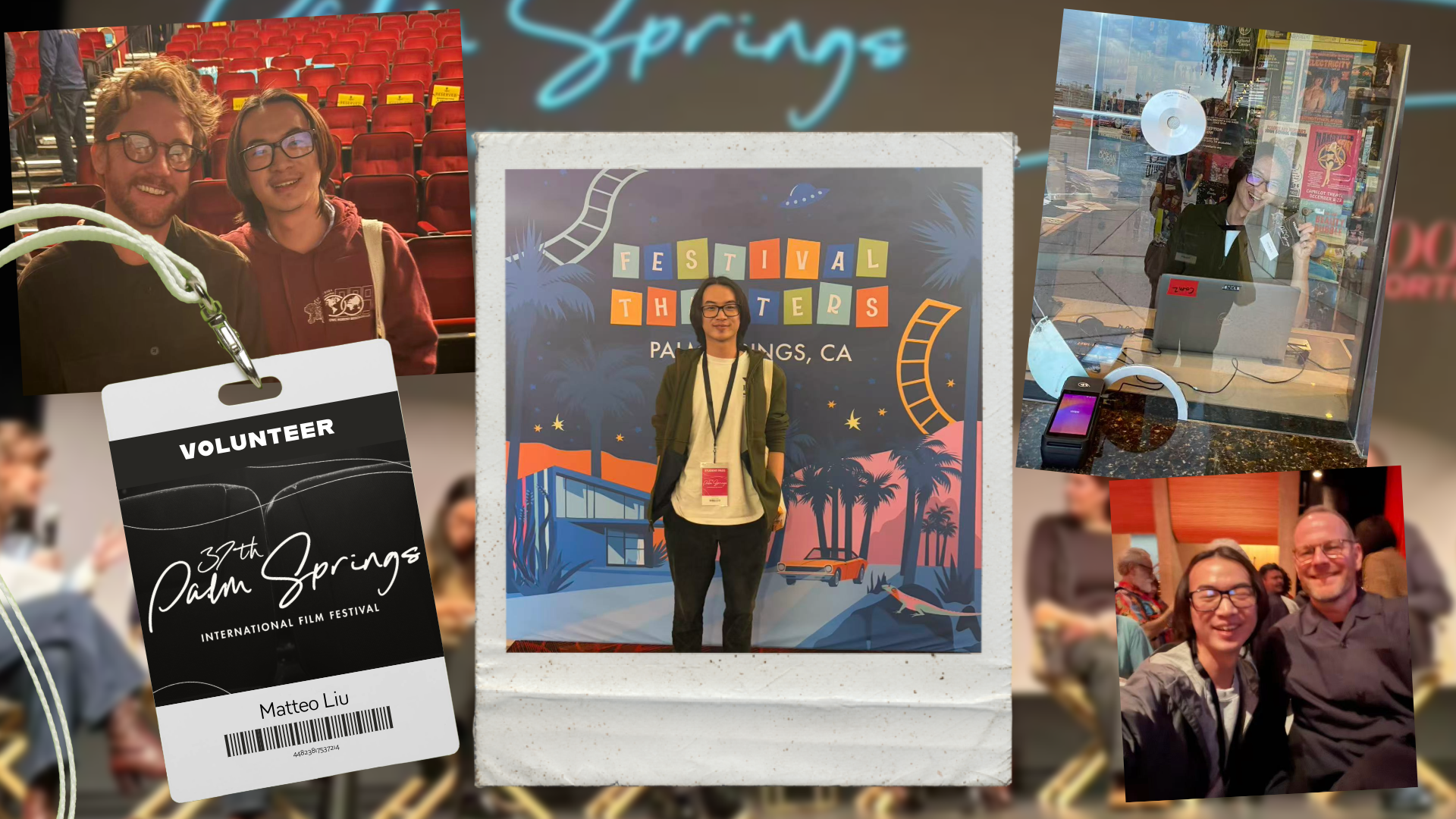New Ideas, New Solutions: Org Helps Women Enter the Political Pipeline
August 15, 2017
Inspired by recent events, women around the world are mobilizing to take political action. In the United States, women are signing up to run for political office at an unprecedented rate, and their increased participation in government could result in a healthier, more just society.
But it takes more than intent to get elected–that's where organizations like Running Start enter the picture.
Running Start founder Susannah Wellford '90 says such organizations are essential to change a longstanding situation in the United States–women comprise 51 percent of the population, but make up only 19 percent of Congress and hold less than 25 percent of statewide offices, according to the Center for American Women and Politics at Rutgers University.
Female legislators, regardless of party, introduce more bills relating to education, health and civil rights than their male counterparts.
"It is important to achieve more equal representation because the more diversity you can bring to Congress the better," Wellford said. "We need more women in office because we need new ideas and a diversity of decision makers to come up with new solutions."
Wellford says women are underrepresented in elected offices because of internal barriers; chiefly, a political ambition and confidence gap.
"When I talk to women anywhere in the world, that's the main thing they say: ‘I don't think I could do it,' or ‘I don't think it's for me,'" she said. "But men instinctively get that it is their role. So the feeling of being unqualified is the biggest hurdle to jump over, I think."
The ways in which media outlets treat female candidates, and how constituents view candidates based on gender, play a significant part, too.
Research bears this out. For example, a recent study published in the journal Political Behavior found that voters were more likely to forgive a male candidate for perceived incompetence than a female candidate. Another study by the Barbara Lee Family Foundation found that voters doubt female candidates with children can handle the responsibilities of the office in addition to motherhood.
The study confirmed the power of traditional gender roles.
"Many people still assume motherhood is a central role for women," said Adrienne Kimmell, executive director of the foundation. "That, in turn, affects how they view women candidates."
Getting Started
In 1999 Wellford started a Political Action Committee, called the Women Under 40 PAC, to help young women get elected to Congress.
"The downside to this was that we did not have enough candidates," she said. "I realized we needed to do something to get young women into the pipeline."
So Wellford founded Running Start, a Washington D.C.-based, nonpartisan organization with a mission to bring more young women into politics and prepare them to run for and hold elected office, at any level of government.
Through myriad programs, Running Start introduces young women to the idea that political leadership is an attainable goal.
Each summer, the organization hosts the Young Women's Political Leadership Program (YWPL) for 60 high school girls; it's an intensive, week-long training on how and why to run for office. And every semester, their Star Fellowship places young women with the offices of female members of Congress, and a yearly summit in Washington, D.C., brings together women ages 14 to 35 to develop political skills side by side.
Practical Impact
Caroline Roddey '20 attended the Young Women's Political Leadership program–that summer program ignited her passion for politics and public service.
Most recently, Roddey attended the 2017 Campus Women Lead summit in Washington, D.C., which was focused specifically on political networking, student government and how to run for office after graduation.
That training has translated into action. Roddey has held leadership positions in campus organizations, including the College Democrats and Planned Parenthood Generation Action, and she served as a first-year senator with the Student Government Association. This summer, she interned with Running Start.
"My experiences with Running Start have been some of the most transformative and inspiring of my life," Roddey said. "I definitely see running for office as a possibility in my future, and I also can definitely say that this would not be the case if I hadn't attended YWPL and Campus Women Lead. I actually took the information I learned and got more involved with local politics in Charlotte and student government at Davidson."
Roddey has benefitted from the encouragement she has received from the Running Start staff, including Wellford, as well as nuts-and-bolts training on how to run for office. For example, the organization provides participants with fundamental campaign strategies, and information about areas such as fundraising, on-camera media training and networking.
Roddey's connection with Wellford is just one of the many that Wellford has nurtured in her decade with Running Start.
"I get to work with the most amazing, passionate people every day," she said. "These are people who really care about issues and want to make a difference in their lives, and it is so rewarding for me to be able to support and encourage them."
Bridget Lavender '18
brlavender@davidson.edu



